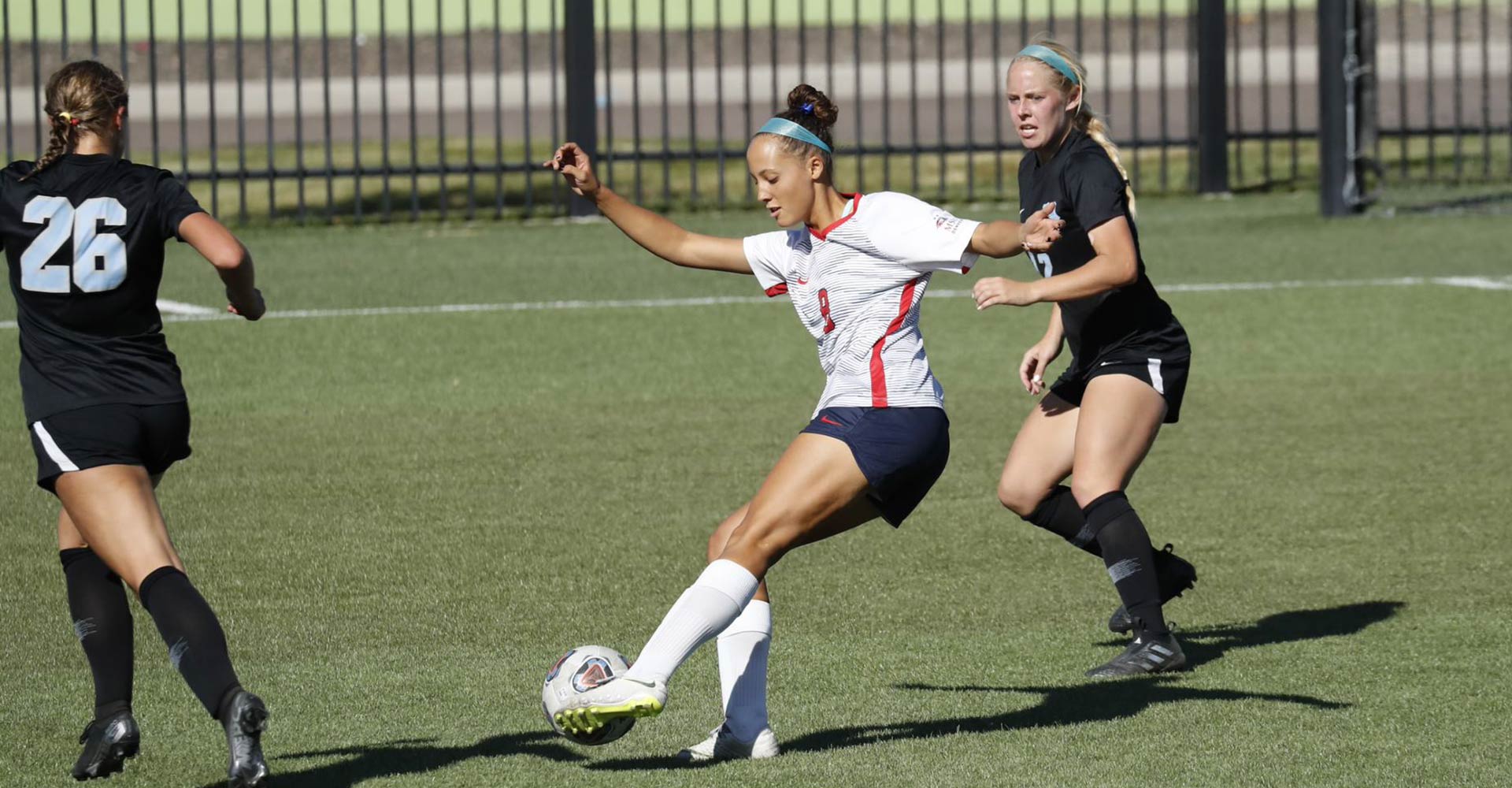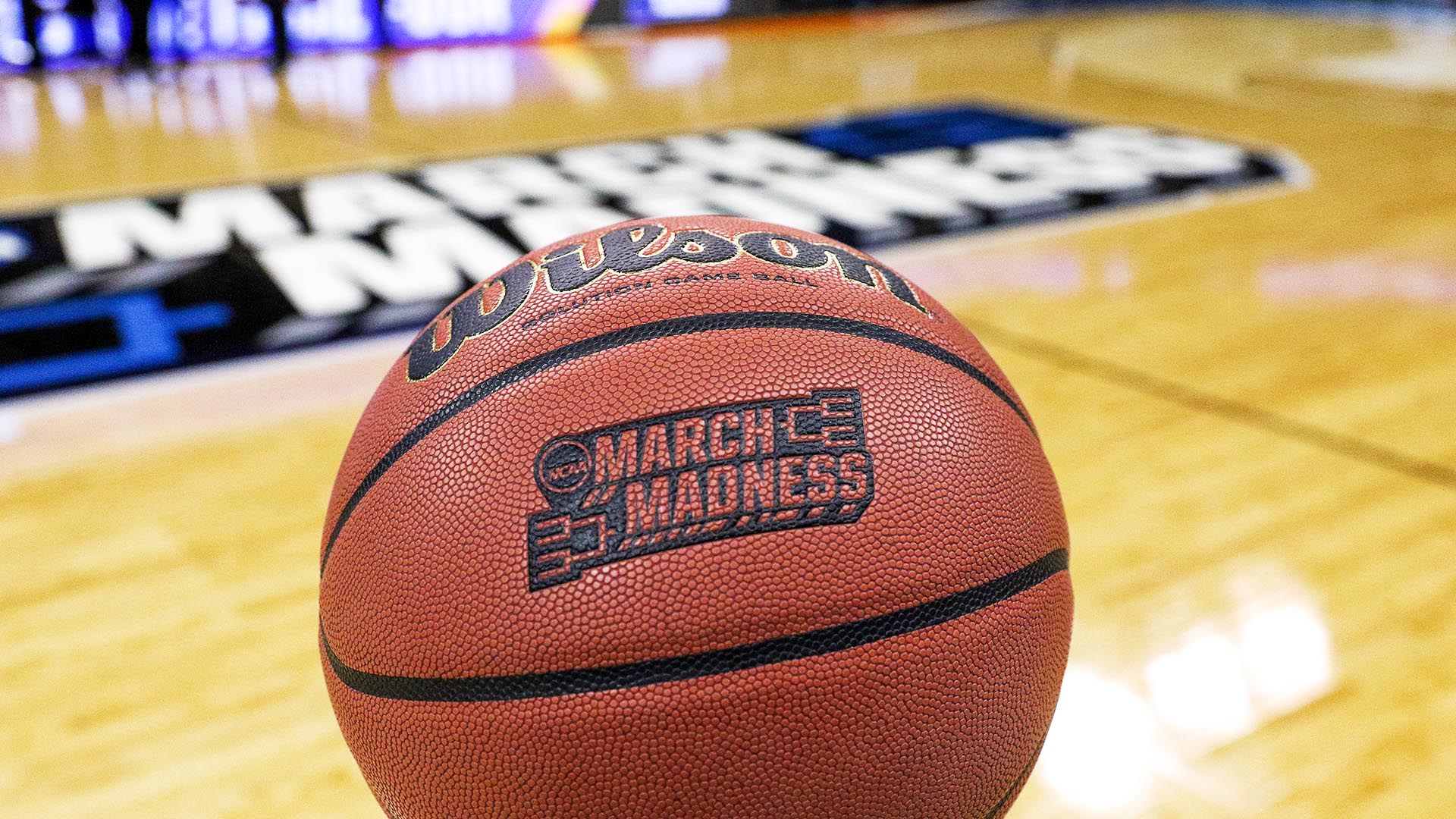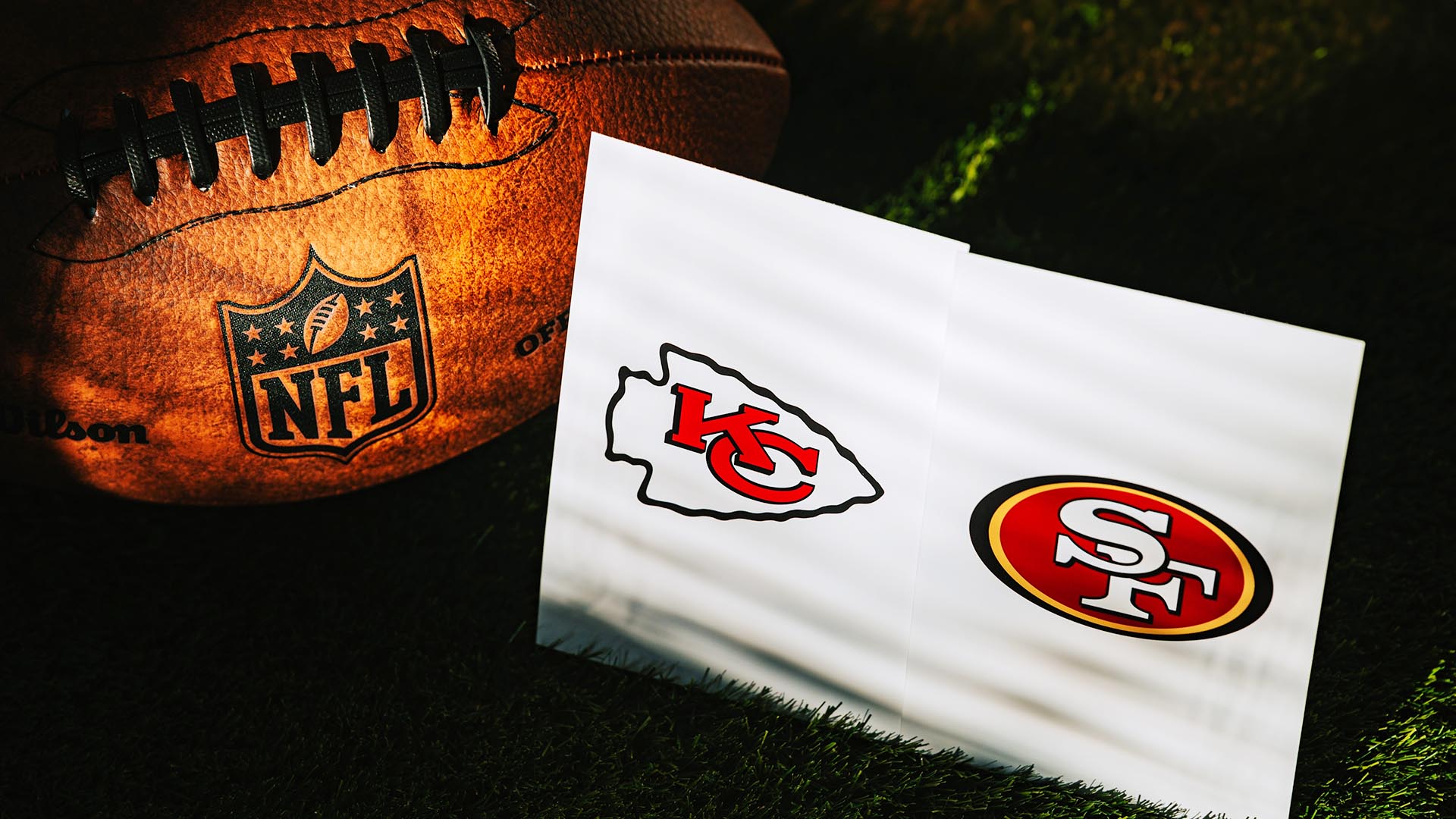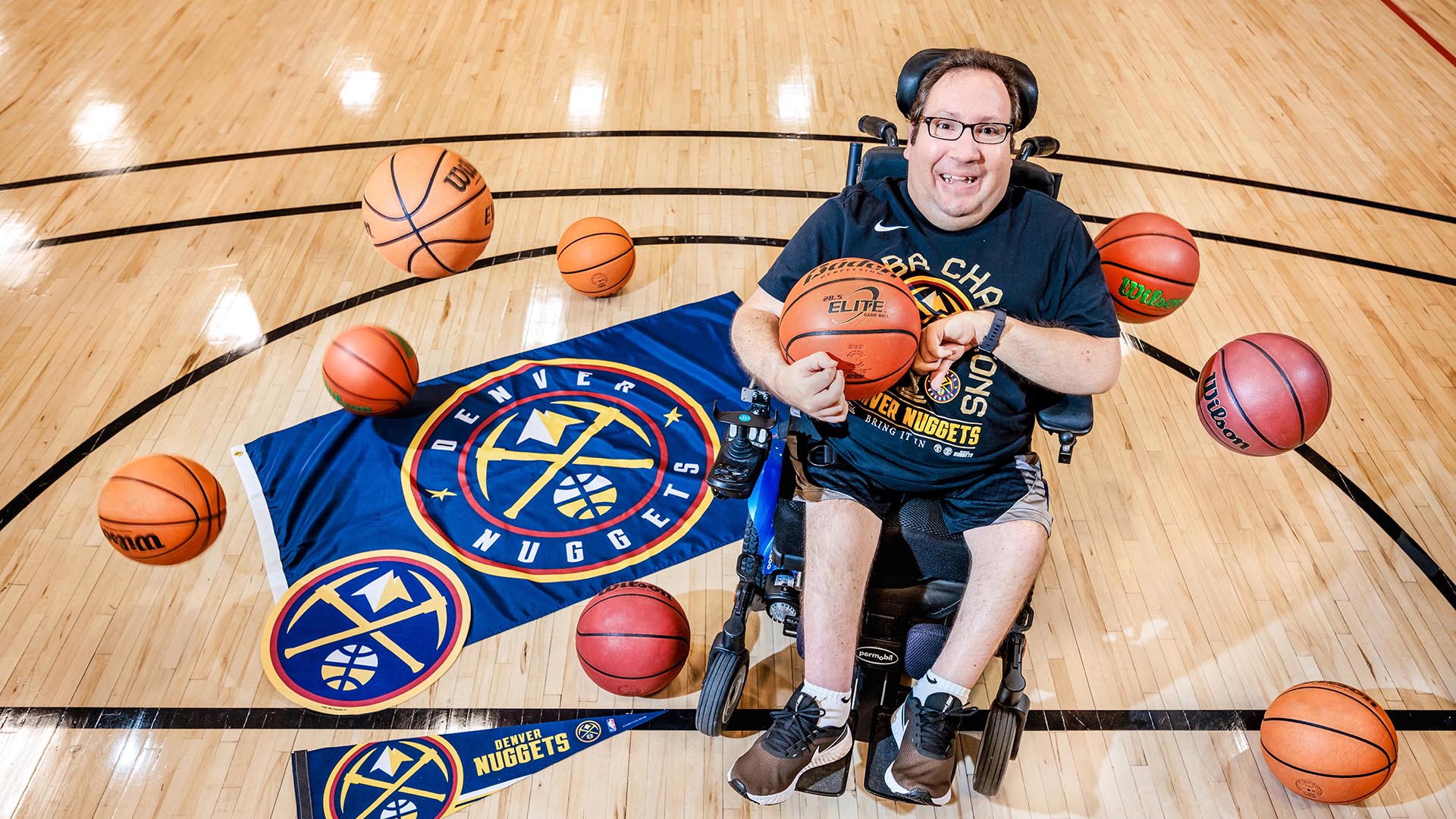After a challenging year, student-athletes focus on the field and their mental health
High-profile athletes are openly talking about mental health. Collegiate athletes are listening.

After last year’s sports seasons were canceled or postponed due to Covid-19, Metropolitan State University of Denver student-athletes are taking the field this fall with a renewed focus on not only their physical well-being but their mental health as well.
Credit gymnast Simone Biles and other high-profile athletes who have elevated and advanced the conversation about athletes’ mental health by acknowledging their struggles and withdrawing from competition this summer.
Those stories are on the minds of MSU Denver student-athletes who say the challenge of balancing the demands and expectations of their sports with other parts of their lives isn’t limited to the world stage.
“A lot of it is time,” women’s basketball point guard Alex Carlton said. “We don’t have a lot of time to do things. We’re in the gym for practice, we go to classes, we see the trainers, we’ve got to eat healthy, and we’ve got to sleep. It piles on sometimes and gets stressful. There’s not enough time to have a social life sometimes, even to see friends and do something outside of basketball and school.”

Throw in the disruptions from the Covid-19 pandemic, which canceled seasons throughout 2020, and the uncertainty around a recent resurgence of the virus just before the athletic year, and student-athletes have yet another concern to conquer.
“Last season, I opted out (of the first semester), just because I couldn’t handle it,” women’s basketball forward Morgan Lewis said. “I’m someone who likes to control every situation. I like to know what’s going to happen. Not knowing if we were going to be able to practice or what the day was going to look like, it was eating me alive. I couldn’t handle it, so I did have to step away for a little bit. It was a challenge, but coming back and seeing how everybody handled it and how we have all come together is super-encouraging.”
The drive, focus and time-management skills that help student-athletes succeed on the field and court also help them excel off of it. Of MSU Denver’s 225 student-athletes last spring, 107 posted grade-point averages of 3.5 or above. Employers love to hire student-athletes.
“We just do a lot,” added MSU Denver women’s soccer midfielder Elisa Dean, whose season kicks off Sept. 2 at Assembly Athletic Complex. “We are asked to do a lot. But we learn how to get over that and push through it, and we’re tougher because of it.”
But the enormous pressure and stressors that student-athletes face on and off the field can’t be shouldered alone, said Michael Bahl, MSU Denver men’s basketball coach. It’s critical for coaches and administrators to stay tuned in to athletes’ mental well-being, he said, citing the pressure that social media in particular exerts on players.
“It’s incredible what (the smartphone) does,” Bahl said. “When I was growing up, it was just you and the team. Now, so many people have so many different opinions, and there are so many people involved.
“Kids aren’t fully mentally developed until they’re 24 or 25 years old. They are having so much thrown at them – school and social pressures – I can sympathize with Simone Biles and (tennis player) Naomi Osaka. It’s very difficult when everyone has an opinion and everyone is able to speak up – and you’re asking an 18- or 19-year-old kid to manage that.”
To help them manage stress and maintain good mental health, Bahl and other MSU Denver coaches connect players to myriad student-support services that the University offers to all students.
The MSU Denver Counseling Center, for example, is a great resource for student-athletes, said women’s basketball coach Tanya Haave.
“I think we all realize we’re not really trained in that area, so to give our athletes the resources they need is important,” she said. “The (Counseling Center has) been very good with that and very helpful.”







